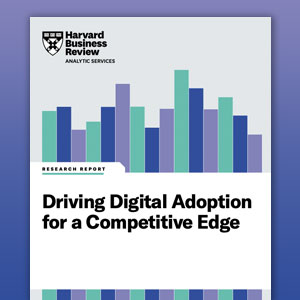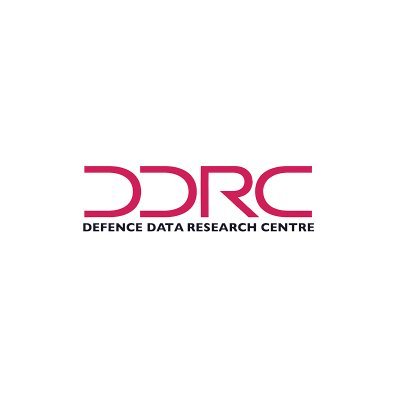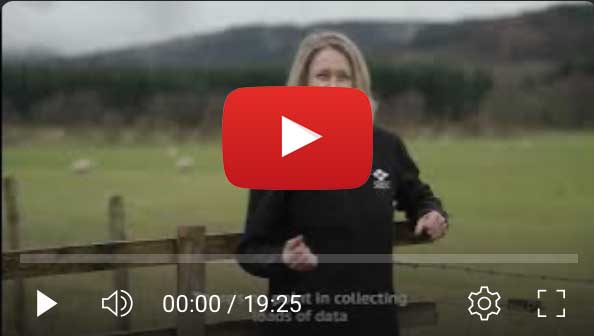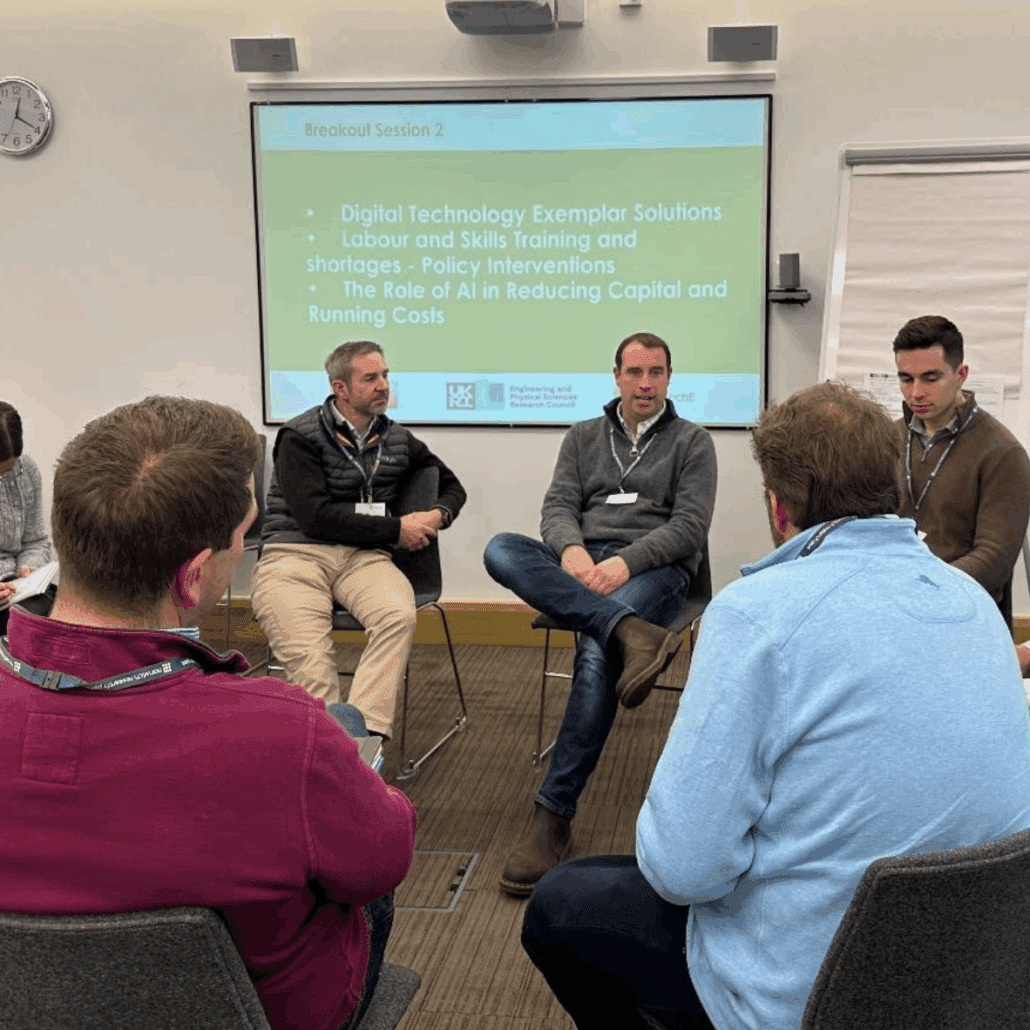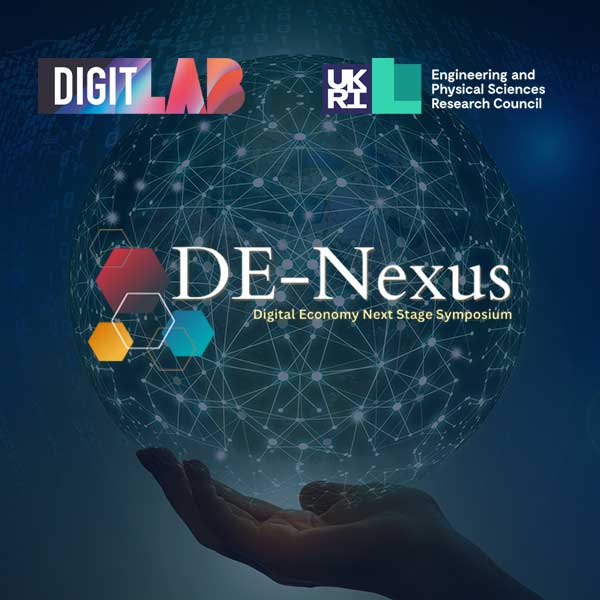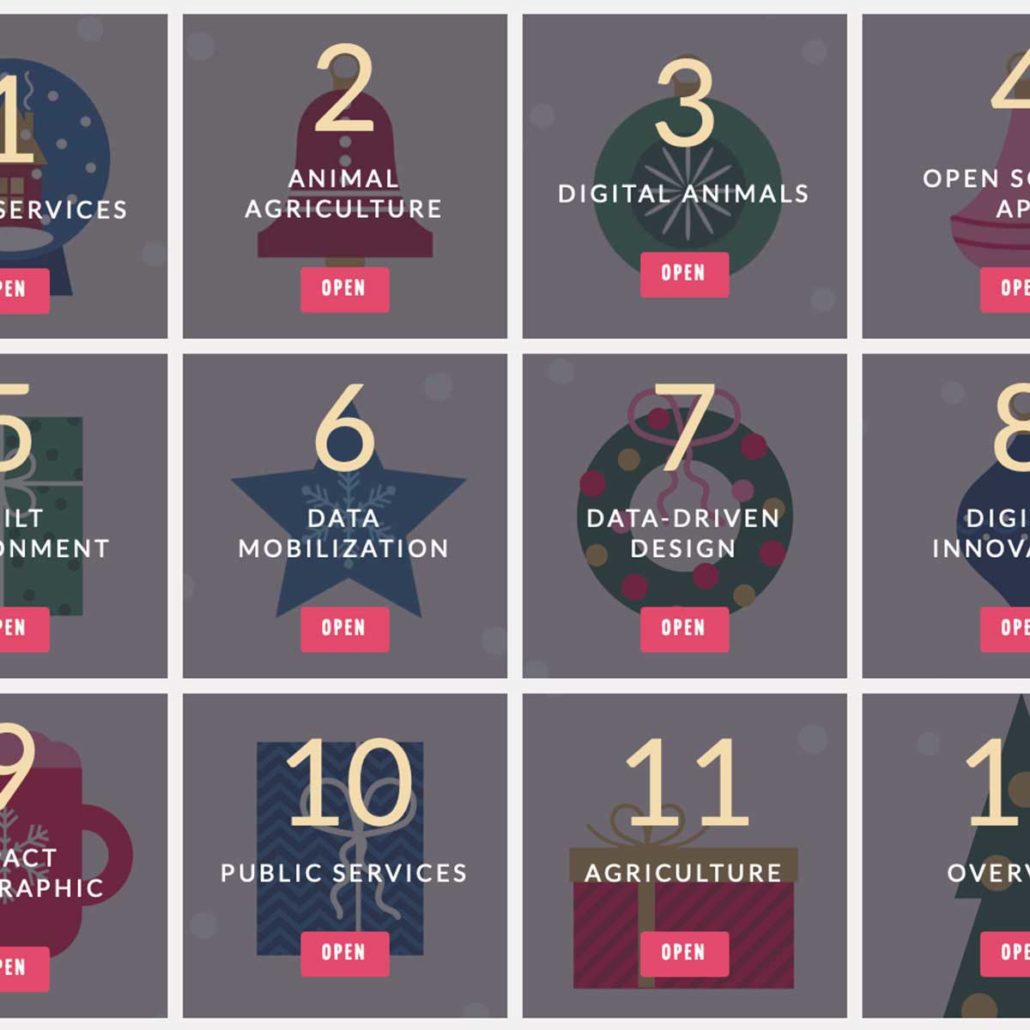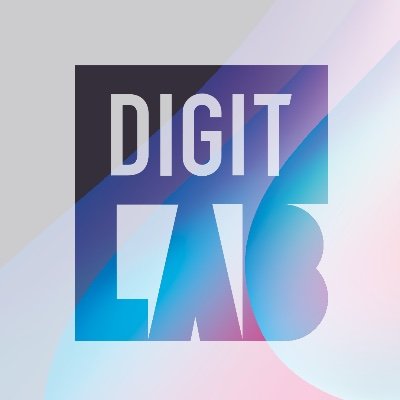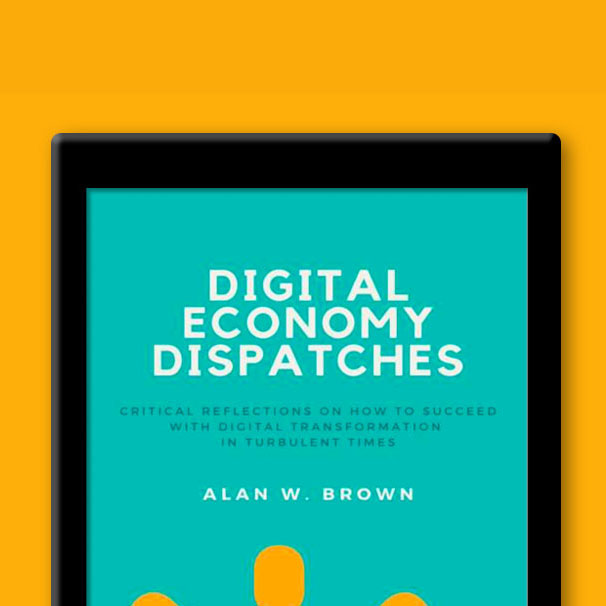Impact
See our Projects page for engagement with industry and public sectors. See News / In the media for our appearances in external media coverage. We also have other forms of impact and engagement on this page
New research generated
The success of DIGIT Lab has led directly to the following research projects being awarded, resulting in £9.2M in additional research funding.
University of Exeter

AI and Data in Design: Advancing the design engineering processes for manufacturing sector
£75,000

EPSRC Impact Accelerator Account (IAA) Awards
£46,044
EPSRC Impact Accelerator Account (IAA) Awards
Funded Value:
£46,044
Funder:
EPSRC
Project Status:
Active
Lead Research Organisation:
University of Exeter
Principal Investigators:
Prof Roger Maull
Prof Sarah Hartley
Dr Gokcen Yilmaz

SPHERE: Systems and People-Centric Innovation in Healthcare Redesign
£205,000

Digital Innovation and Circular Economy (DICE) Network +
£2M
Digital Innovation and Circular Economy (DICE) Network+
Funded Value:
£2M
Funder:
EPSRC
Project Status:
Active
Lead Research Organisation:
University of Exeter
Principal Investigators:
Prof Fiona Charnley
Oxford Brookes University

Accelerating Innovation Adoption in Next Generation Professional Service Firms
£1,800,000
Technology in Professional Services (TiPS)
Funded Value:
£1,8000,000
Funder:
UKRI and ESRC
Project Status:
Active
Project Reference:
ES/X014428/1
Lead Research Organisation:
Lancaster University
Principal Investigator:
Martin Spring
DIGIT Lab Investigators:
Prof Tim Vorley, and Dr. Tzameret Rubin
Read more on TiPS Accelerator website
Technology in Professional Services (TiPS) helps UK-based mid-tier and smaller accounting and law firms to innovate using digital technology, and generates new insights into adoption, for the professional services sector as a whole.
What does TiPS involve?
The core TiPS activity is to directly support firms in adopting technology. This is being accomplished by providing various forms of training and support, tailored to the level of readiness and ambition of individual firms. Firms may also become part of the TiPS community and participate in other events and activities. These events and activities help us to achieve the wider objective of understanding the opportunities and challenges of technology adoption in professional services, and helping accelerate it across the sector as a whole.
Firms can apply to participate in free training and support related to Microsoft 365 applications, complete a contact form so as to be kept informed of activities and events, or write to us to explore other possible ways of collaborating.

Edinburgh Input Output Research Hub (IORH)
£268,000
Inclusive Open Finance Passport (IOFP)
Funded Value:
£268,000
Funder:
Input Output Research Hub
Project Status:
Active
Lead Research Organisation:
Lancaster University
Principal Investigator:
Prof. Raffaella Calabrese University of Edinburgh
Co-Investigator:
Dr. Michile Ciampi, University of Edinburgh
DIGIT Lab Co-Investigator:
Dr. Tzameret Rubin, Oxford Brookes University
Read more on the hub of blockchain research
What does Inclusive Open Finance Passport involve?
The Inclusive Open Finance Passport project, will address this challenge of privacy and trust in the evolving Open Finance, to allow inclusivity, transparency and usability of customers’ digital traces, by providing an Open Finance Passport to the end-users in a decentralised environment provided by distributed ledger so that not only entities working in Europe and the UK can benefit from Open Finance, but also countries where the financial market is not as advanced, such as in African countries and South East Asia.
University of East Anglia

An Intelligent Data Processing Platform for Smart Manufacturing – An AIoT platform
£12,000

Enhancing Teacher Agency With Technology (ETAT):
Creating An Ecological Model Through A Place-Based Study of Teaching and Learning
£553,131

UK-India Future Networks Initiative (UKI-FNI)
£1,400,000
Veris smartphone application
Thanks to DIGIT Lab, a scientist, clinician or designer can build and prototype an app to carry out user research by simply building a protocol file without any programming.

Veris smartphone application
Led by David Plans and JONATHAN BIRD
Veris emerged from research on measuring well-being telemetrically (remotely, using web or mobile applications), primarily aimed at using physical (biometric) data and questionnaires to assess mental health. Responding to the increasing need to measure and intervene scalably in both healthcare systems such as the NHS and in large workforces, Veris was designed to allow for a non-coder to be able to organise a protocol (a set of questionnaires and/or biometric tests given in a particular order and frequency in time) and deploy it without having to write a smartphone application from scratch: its remit is thus to provide a telemetric epidemiology framework that is open and easy to use.
Podcast

D.Coded Podcast
Led by Prof. Saeema Ahmed-Kristensen
Professor Saeema Ahmed-Kristensen, Prof of Design Engineering & Innovation, Director of DIGIT Lab, University of Exeter and Melisa Leñero, Director of Paul Polak Innovation Fund at International Development Enterprises. They met a decade ago on a joint RCA/Imperial course that Saeema led and Melisa studied.
D.coded decodes design, technology, and the experiences shaping our world. As hosts, Saeema and Melisa will explore how these influence how we live, work, and connect.
The podcast is available on TikTok @dcoded.podcast, Instagram @dcoded.podcast, Spotify @dcoded-podcast, Apple @dcoded-podcast and YouTube.
Films
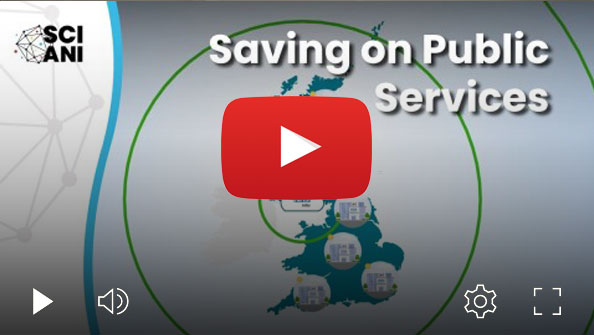
Digital Innovation: How can we use technology to save billions for our public services?

Innovate with Big Data: Products, Services and Behaviour
Toolkits, Reports & ebooks
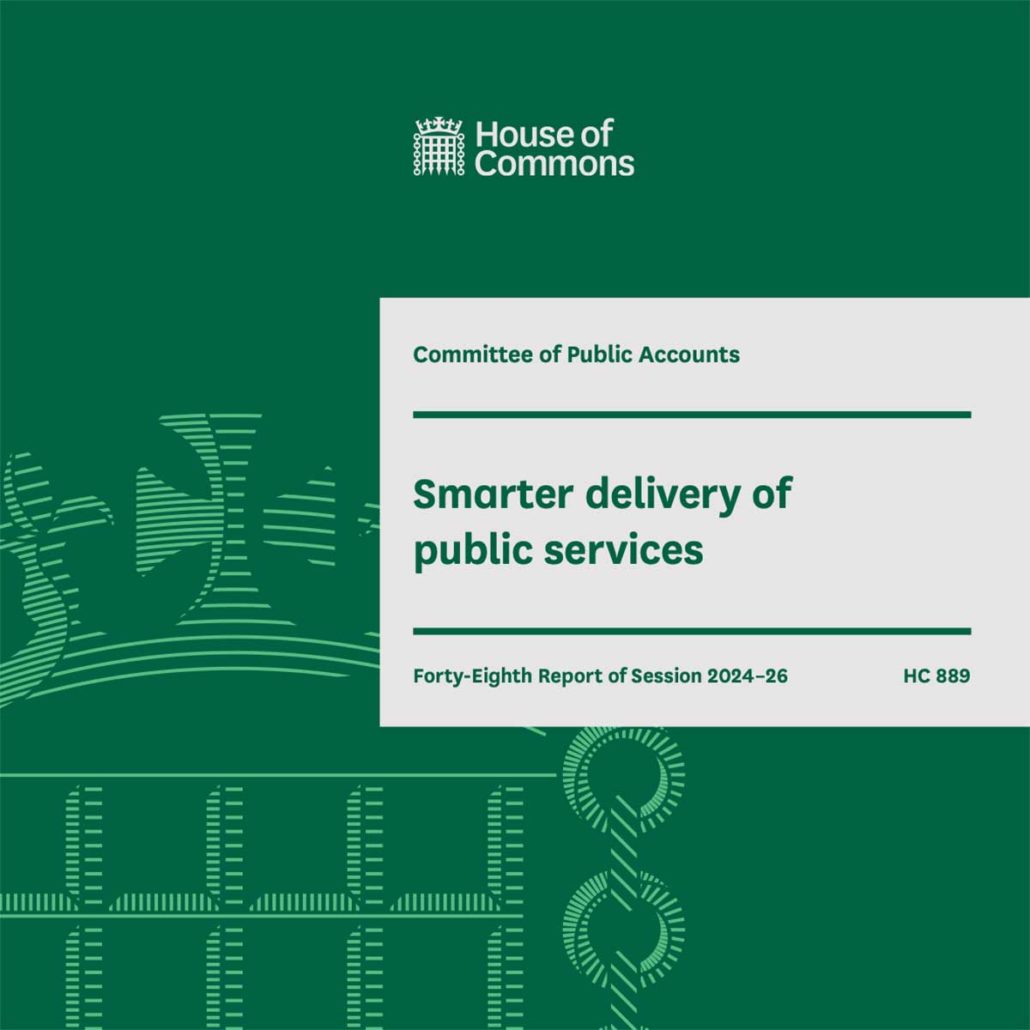
Committee of Public Accounts: Smarter delivery of public services
Prof. Mark Thompson contributes

Jisc Report: Collaboration for a sustainable future
Prof. Mark Thompson contributes
